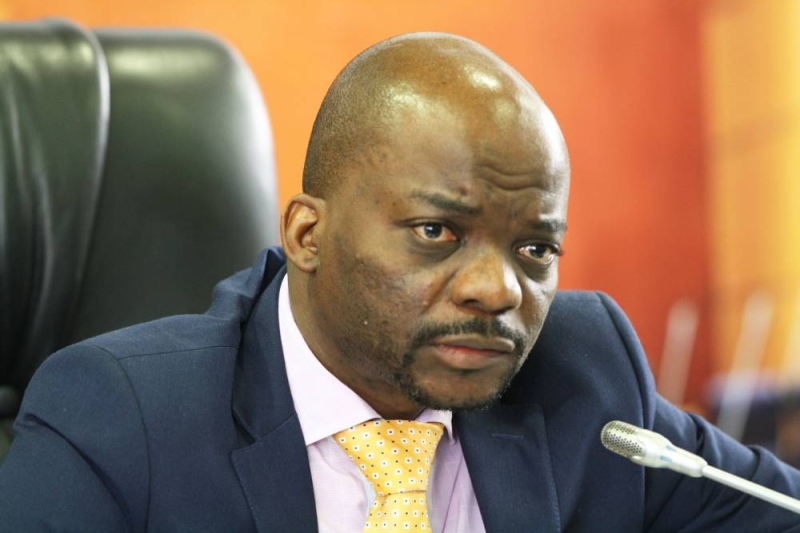Keorapetse calls for DIS probe, oversight
Innocent Selatlhwa | Tuesday August 15, 2023 06:00


During his parliamentary speech, Keorapetse called for immediate corrective actions, shedding light on the DIS’ conduct and role within Botswana’s democratic framework.
Keorapetse underlined fundamental democratic principles in his address, highlighting the importance of leaders being chosen by citizens and being accountable to them.
He stressed that those in power must act in the citizens’ best interests and maintain transparency in their actions. “Accountability, in essence, requires rulers to provide explanations and responses to the people regarding their exercise of constitutional power and responsibilities,” he asserted.
Drawing from Juvenal, the Roman poet, Keorapetse posed a pivotal question that has resonated within the country since the inception of the DIS in 2007: “Who will watch the watchers themselves?” This query encapsulates the challenge of subjecting overseers to scrutiny. As defined by the Constitution, the DIS is a statutory entity with defined authority, obligations, and tasks outlined in the Directorate of Intelligence and Security Service Act 16 of 2007. Keorapetse stressed that the agency’s powers are limited to those explicitly granted by law. Actions exceeding these boundaries are considered unlawful and potentially criminal.
A central concern raised by Keorapetse is the lack of effective parliamentary oversight over the DIS. Despite various attempts involving committees, enquiries, debates, and questions, the agency has operated largely outside democratic accountability. “The DIS operates beyond the boundaries of law, becoming a counterforce to the democratisation process,” Keorapetse observed.
Keorapetse underscored the deficiency in parliamentary oversight, leading to worries that the agency's activities might contravene the rule of law and democratic norms. He revealed instances where political figures and journalists were allegedly targeted by the DIS without proper warrants or reasonable grounds. “In recent times, we’ve observed detentions and intimidations lacking credible justification or due process,” Keorapetse asserted.
“This erosion of civil liberties poses a direct threat to the very foundation of our democracy.” Keorapetse extended his concerns to alleged DIS interference in government procurement. He cited cases where the agency purportedly influenced tender decisions, resulting in significant expenses for taxpayers. Furthermore, he pointed out instances where water and land servicing projects faced delays due to DIS interventions. Keorapetse proposed measures to address these concerns and establish oversight over the DIS:
* Establish an open and transparent Commission of Inquiry, headed by a judge, to investigate allegations of wrongdoing, corruption, and human rights violations within the DIS.
* Reevaluate the DIS Act to bolster oversight mechanisms.
* Revise parliamentary procedures to institute a distinct Parliamentary Committee on Intelligence, helmed by an opposition MP.
* Enforce adherence to court orders and cease DIS’ involvement in tenders and interactions with other law enforcement agencies.
* Allocate adequate resources for the Tribunal governed by the DISS Act and introduce a toll-free helpline.
* Prohibit DIS participation in general or by-elections.
Keorapetse finally stressed the urgency of measures to restore public confidence, uphold democratic ideals, and maintain the rule of law.
